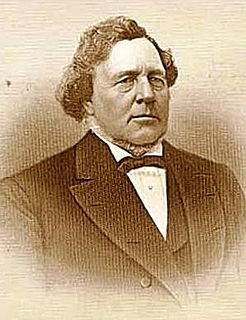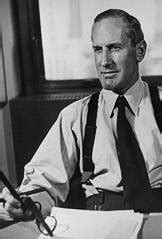A Quote by Clive James
Pound had argued - and Eliot had helped him prove - that a poem could be sustained by memorable moments. Olson proved that it could be sustained by unmemorable ones, provided that the texture of the accumulated jottings avoided the sound of failed poetry.
Related Quotes
Who can be sure that Jean Valjean had not been on the verge of losing heart and giving up the struggle? In loving he recovered his strength. But the truth is that he was no less vulnerable than Cosette. He protected her and she sustained him. Thanks to him she could go forward into life, and thanks to her he could continue virtous. He was the child's support and she his mainstay. Sublime, unfathomable marvel of the balance of destiny!
I think sometimes younger people - not necessarily thinkers and intellectuals and the like, but people who are on social media and who are not as informed as journalists or professional thinkers - may get a bit, you know, impatient with the necessity of sustained thinking, sustained argumentation, sustained dialogue.
Pound was silly, bumptious, extravagantly generous, annoying, exhibitionistic; Eliot was sensible, cautious, retiring, soothing, shy. Though Pound wrote some brilliant passages, on the whole he was a failure as a poet (sometimes even in his own estimation); Eliot went from success to success and is still quoted--and misquoted--by thousands of people who have never read him. Both men were expatriates by choice, but Eliot renounced his American citizenship and did his best to become assimilated with his fellow British subjects, while Pound always remained an American in exile.
I've always been a fast reader. Now I had to do it slowly, discussing each sentence. And every time I wanted to change something I had to come up with an intelligent defense I could be pretty sure that they would turn my suggestion down, as they had so many aspects to keep in mind. However, if I argued well, I could have a chance. I had to think of every comma, every word.





































